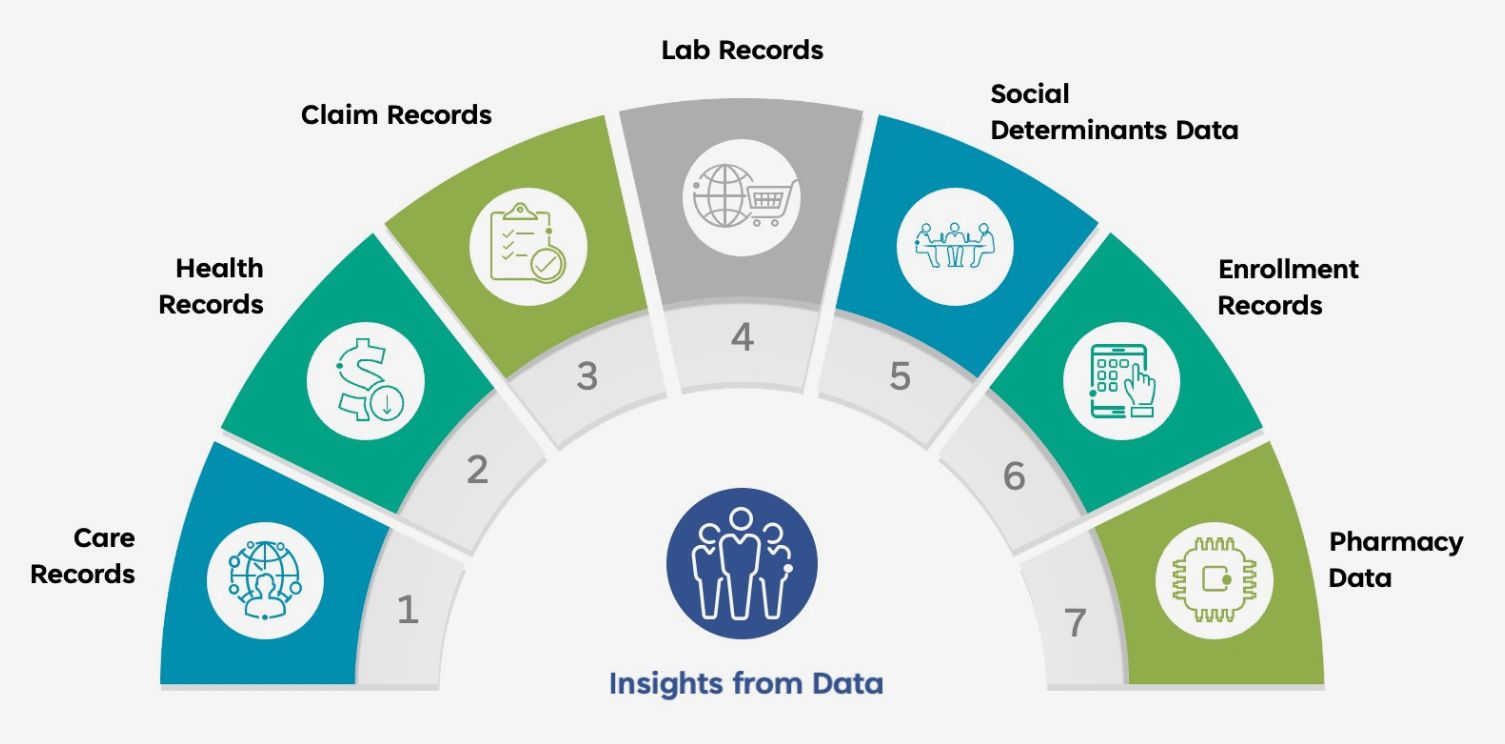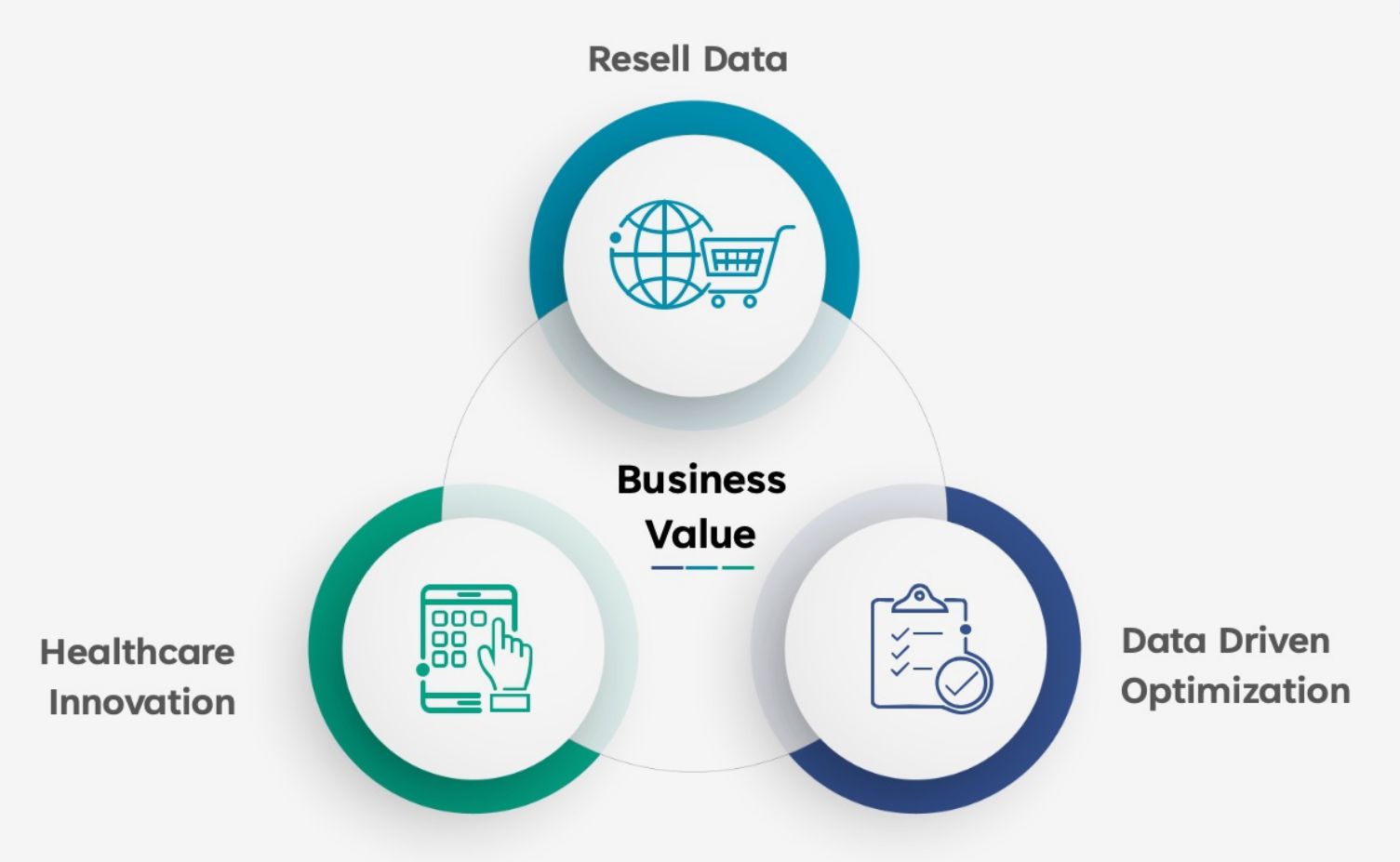Additionally, organizations must ensure that the prioritized data value opportunities match the sophistication of their data landscapes. Do they have the proper supporting infrastructure or, at the very least, the capital to invest in developing that infrastructure? Organizations will need to realistically assess their ability to effectively manage data consumption, analysis, cleansing, and transit internally and (often) externally.
On the technology side, organizations should consider cloud solutions, emerging data analytics and monetization platforms, data privacy and compliance tools, data security and encryption tools, consent management platforms, and data de-identification software. The most complex data value plays will require a considerable technology integration effort. To build the optimal data value tech stack, healthcare organizations will often be best served by working with partners that understand data governance, region-based data compliance, data transformation, and the potential of the toolsets above.
Of course, data maturity is about people and processes as much as technology. Leaders should not forget to ask: Are any organizational impediments likely to prevent return on investment? Clinicians, for example, may resist an effort to standardize data entry procedures if it requires them to work differently. Such people-related impediments are rarely insurmountable, but they will require an intentional investment in change management. This is where advancements in AI can potentially play a role in aggregating and classifying information to support these efforts.
Healthcare organizations must also carefully consider the ethical and legal implications of using data in new ways and decide what their appetite for risk is. All innovations must align with existing data protection regulations and data consent clauses. Tracking these data restrictions across geographies, legacy systems, and customer scenarios can be much more complicated than healthcare leaders anticipate. In some cases, pending litigation will also affect the path forward.
Beyond Monetization: The New Data Imperative
Healthcare organizations are increasingly exploring opportunities for data monetization; however, their focus should extend beyond purely transactional models. A comprehensive evaluation of data value can uncover alternative paths to return on investment. By adopting a strategic perspective, utilizing external expertise, and aligning promising data value initiatives with appropriate emerging technologies, healthcare organizations can unlock additional value—enhancing patient experiences, lowering operational costs, mitigating risks, and generating new revenue streams in alignment with their organizational goals. Ultimately, realizing meaningful value from data requires a cultural shift that unites teams around data-driven objectives, rather than treating data value as an incidental byproduct of other priorities.





